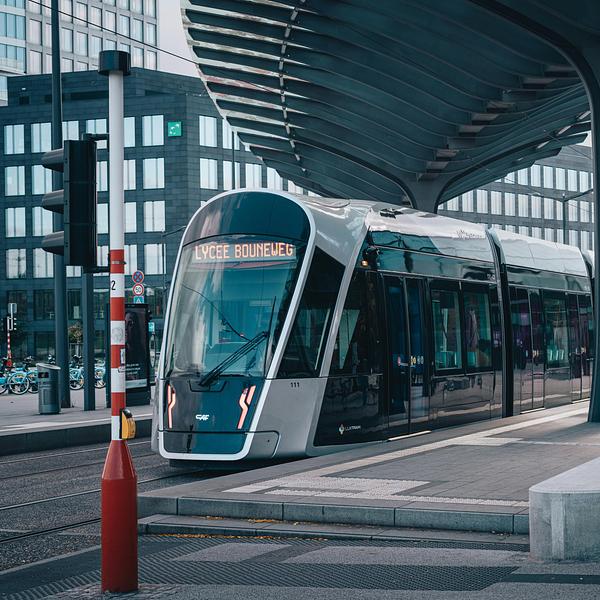
2024-02-12
A recent master’s project, conducted at the University of Luxembourg, delved into the dynamics of integration within the country’s financial center, exploring its multicultural international bubble. It examined the reasons for relocation, integration experiences, and identity construction. Specifically, the study focused on language choices and their role in shaping narratives of integration within Luxembourg's financial landscape.
Research summary written by Elisa Soncin
Picture Credit: Photo by pexels.com
The stories collected for the research represent a diverse sample of people of different ages and nationalities. All share a common reason for choosing Luxembourg: the opportunities it offers. They revealed that the reason for moving translates to many different aspects of how people live their daily lives in the country, from languages seen for their potential monetary and market value to the relationships they build, strongly influenced by workplace dynamics.
With a contribution of almost one-third of Luxembourg's total GDP, the financial center is the largest single sector of the country’s economy, employing people from all over the world. When moving to work in the financial center of Luxembourg, international people find themselves experiencing and adapting to a highly multilingual and multicultural environment. The financial sector created a distinct world, a space exclusive to international professionals perceived as separate from the rest of the country. This international "bubble" is perceived as a close space and all there is to Luxembourg. Participants not only live inside the bubble but also think that Luxembourg ends with it. It seems as if they do not perceive even the existence of Luxembourgish people and a Luxembourgish culture.
Considering this context, what do they need to integrate into? The findings show how the main belief is that integration is not needed due to this “neutral culture” or “cultural flat” environment. As no culture is dominant and all of them become a mix, losing their defining features, there is no culture that you need to integrate into. Moreover, the bubble is also seen as something mutable. People come and go, and those who instead decide to stay must deal with the constant changes around them. It is an environment that teaches you not to be attached to people since they may have an expiration date. So, if they cannot feel attached to anything that surrounds them and they believe there is nothing to integrate into, do they have to be rooted in only one possibility when it comes to their cultural belonging?
Not really. They have a privilege that is not accessible to everyone. They can choose if they want to belong to the culture of their home country or not and they can also choose to contest the idea that we must belong to specific cultures. The study revealed that within the multicultural context of Luxembourg’s financial environment, international workers can shape dynamic and fluid (cosmopolitan) identities, distancing themselves from the notion of culture defined by specific nation-states.
Further readings
Barakos, E. and Selleck, C. (2019) Elite multilingualism: discourses, practices, and debates. Journal of Multilingual and Multicultural Development: 361-374.
Fehlen F. & Pigeron-Piroth, I. (2009) Mondialisation du travail et pluralité des marchés du travail : L’exemple du Luxembourg, 12è Journées Internationales de Sociologie du Travail
Langinier H., (2012). Intégration des cadres internationaux dans l'environnement multiculturel luxembourgeois. Université de Lorrain. Thèse pour le Doctorat. Unpublished. [ES1]
Ryan L., Mulholland J. (2014). Trading Places: French Highly Skilled Migrants Negotiating Mobility and Emplacement. London, Journal of Ethnic and Migration Studies, 40:4 : 584-60
Ullah A. A., Hasan N. H., Mohamad S. M., Chattoraj D. (2021). Privileged migrants and their sense of belonging: Insider or outsider? Asian Journal of Social Science, 49(3): 161-169.
Van Bochove M., Engbersen G. (2015). Beyond Cosmopolitanism and Expat Bubbles: Challenging Dominant Representations of Knowledge Workers and Trailing Spouses. Population Space and Place, 21(4): 295-309.